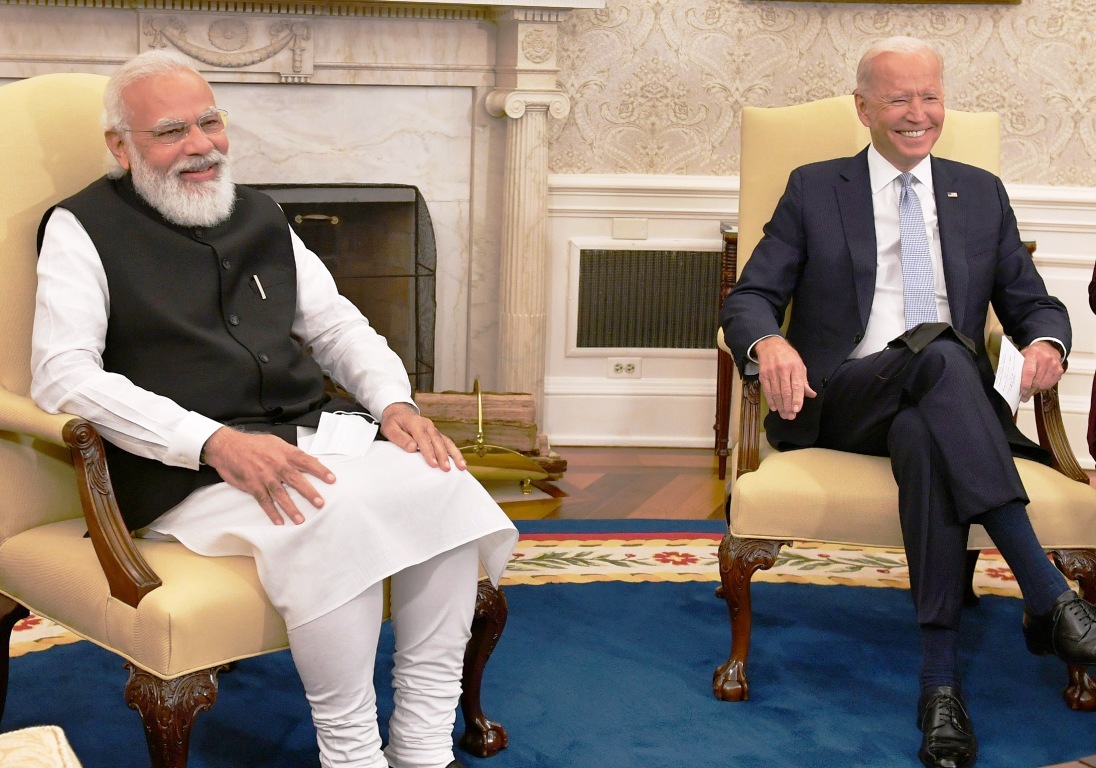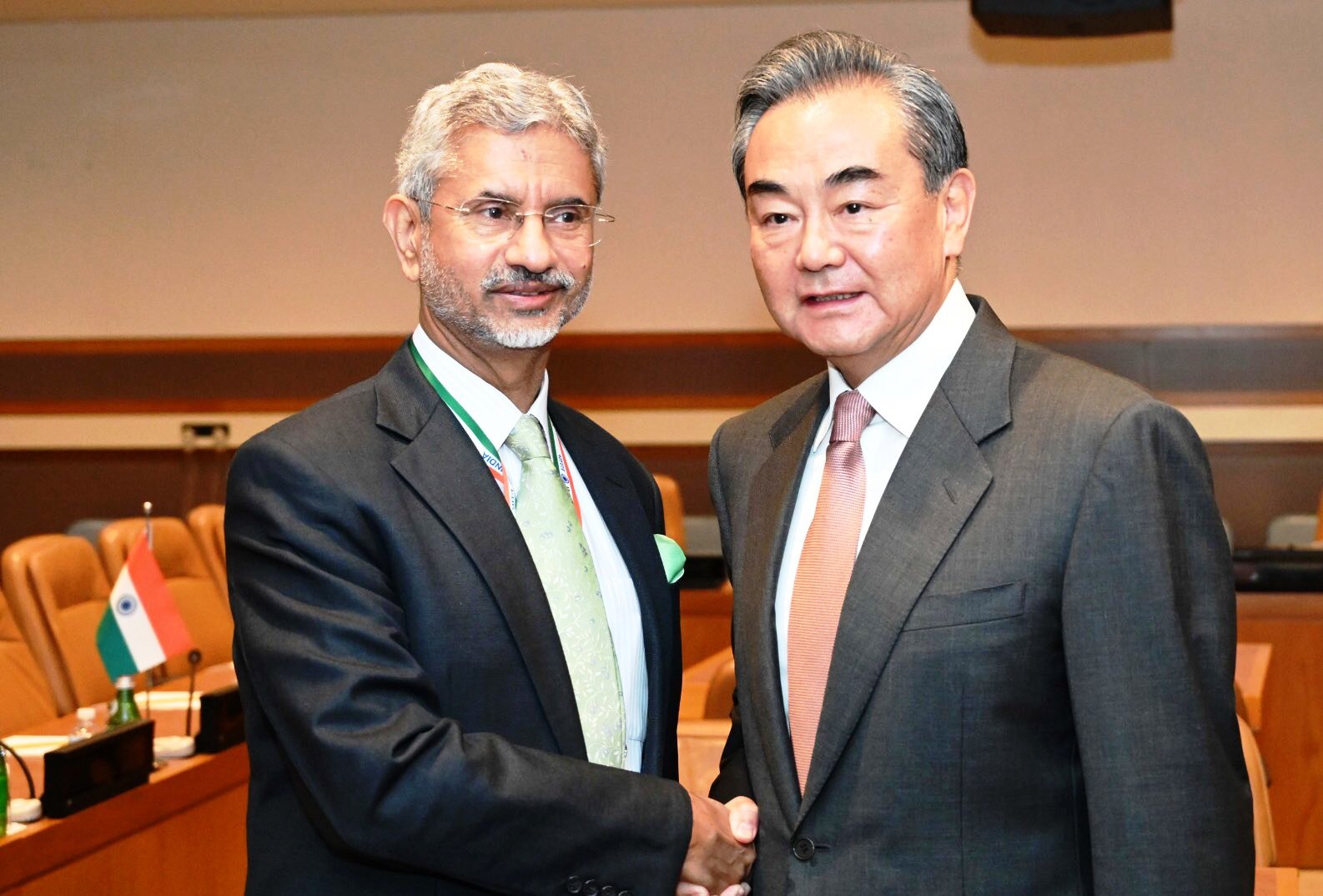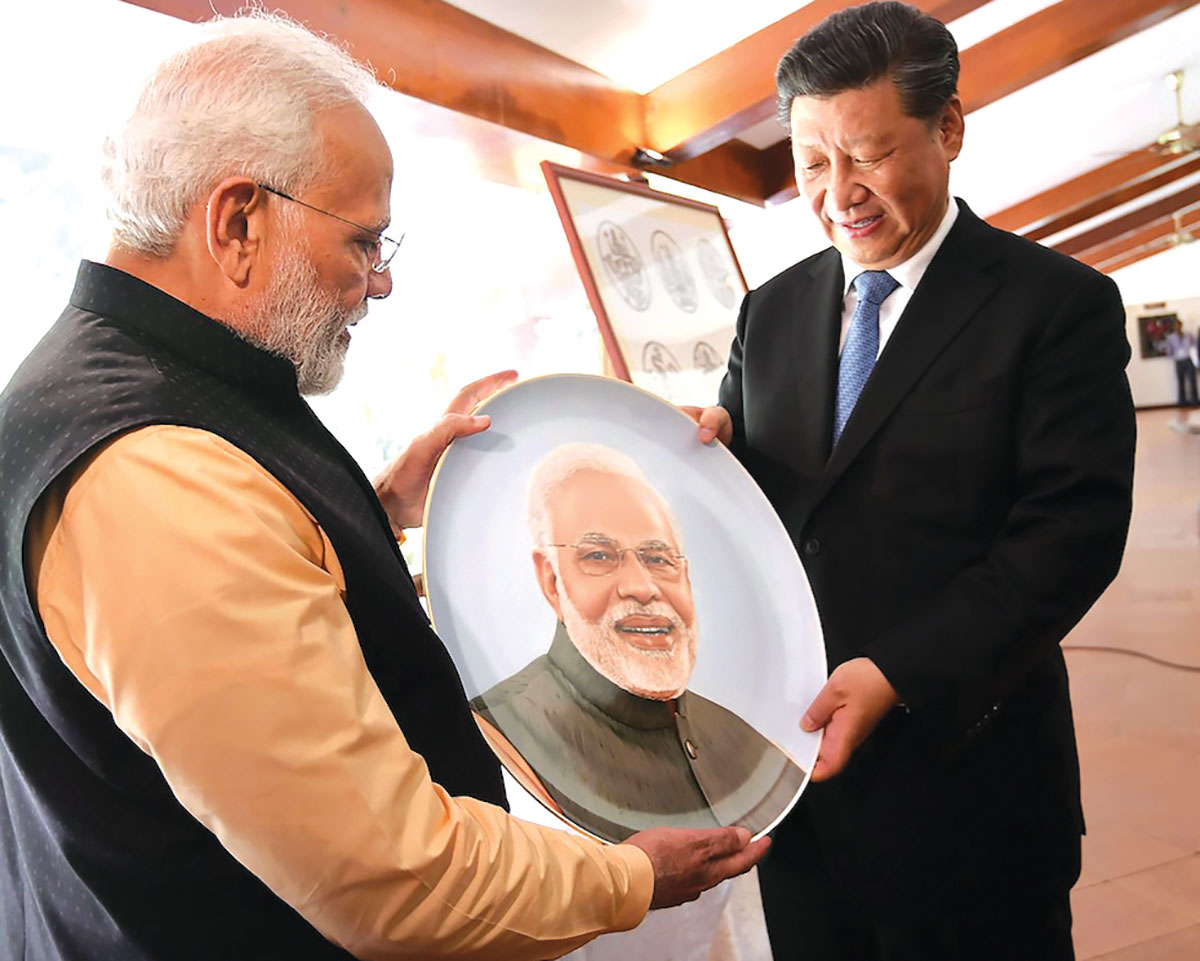by Raashid Andrabi
SRINAGAR: The American intelligence community has raised concerns about the rising tensions between India and its neighbouring countries, Pakistan and China, and the possibility of conflict between them.

The Office of the Director of National Intelligence submitted its annual threat assessment report to the US Congress during a Congressional hearing last Wednesday, warning of the elevated risk of armed confrontation between the nuclear-armed powers.
The report highlighted the expanded military postures of both India and China along the “disputed border”, which could escalate into a direct threat to US persons and interests, calling for US intervention. Persistent low-level friction on the Line of Actual Control (LAC) has the potential to escalate swiftly, as demonstrated by previous standoffs, the report said.
Even though India and China have engaged in bilateral border talks and resolved border points, their relations remain strained due to the countries’ lethal clash in 2020, which was the most serious in decades. The report stated that this clash has contributed to the strained Sino-Indian relationship and elevated the risk of conflict.
The crises between India and Pakistan are also of particular concern due to the risk of an escalator cycle between the two nuclear-armed states. The report noted that Pakistan has a long history of supporting anti-India militant groups, while India is more likely under the leadership of Prime Minister Narendra Modi to respond with military force to “perceived or real Pakistani provocations”. Each side’s perception of heightened tensions raises the risk of conflict, with potential flashpoints being violent unrest in Kashmir or a militant attack in India.

The report cautioned that the possibility of conflict between India and China or India and Pakistan could have significant implications for the US, as it could impact regional stability and disrupt global supply chains. The US has been closely monitoring the situation and has called for a peaceful resolution of the border disputes through dialogue and diplomacy.
Responding to a query by The Indian Express, the spokesperson for the US State Department, Ned Price, stated that the US-Pakistan counter-terrorism dialogue provides an opening for the two nations to work together to address terrorist threats and counter violent extremism in the region, which has the potential to impact global stability. The spokesperson added that both nations share a mutual interest in maintaining regional security and stability, and the dialogue is a demonstration of their commitment to a strong and resilient security partnership.
Pertinent to mention, the Jammu and Kashmir Lt Governor, Manoj Sinha, recently affirmed that Pakistan-occupied Jammu and Kashmir (PoJK) is an integral part of India and the commitment made in the Parliament will soon be fulfilled. Sinha said this at a function where he inaugurated a special governance camp for displaced persons of PoJK at Bhour Camp, stating that the development of new Jammu and Kashmir would be incomplete without complete integration of PoJK displaced persons into the mainstream.
The increasing tension between India, Pakistan, and China has caught the attention of not only the US but also other nations around the world. The potential of conflict between these nuclear-armed countries could have dire consequences not just for the region but also for the global community.
The United Kingdom, for instance, has said it is closely monitoring the situation and expressed its concerns regarding the potential conflict. The UK’s High Commissioner to India, Alex Ellis, recently stated that the UK is watching developments in the region with concern and hopes for a peaceful resolution of the disputes. He added that the UK recognizes India’s legitimate interests in the region but also encourages all parties to engage in dialogue and resolve issues peacefully.
The rising tensions between India and Pakistan have also led to the re-ignition of debates surrounding Kashmir.
Besides, the ongoing border tensions between India and China in Ladakh have also created an atmosphere of uncertainty in the region. China has been aggressively pursuing its territorial claims in the South China Sea and other areas, which has led to tensions with several countries in the region, including India. The US has also expressed concerns about China’s growing military influence in the region and has been actively seeking to counter its assertiveness.

The US has been working to strengthen its partnerships with countries in the region, including India, to promote regional stability and counter China’s aggressive actions. In 2020, the US and India signed the Basic Exchange and Cooperation Agreement (BECA), which aims to enhance military cooperation and interoperability between the two countries. The US has also been providing military and intelligence support to India to counter China’s growing influence.
Despite the efforts of the US and other countries to promote peace and stability in the region, the potential for conflict remains a concern. The situation is further complicated by the fact that all three countries possess nuclear weapons, which raises the stakes and makes any conflict even more dangerous.















